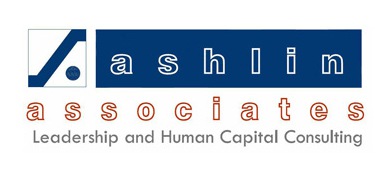At first, I noticed it only occasionally, but now, it’s a clearly defined trend. As I wrap up a meeting or presentation, a common question is: Can you help us manage Millennials?
“Millennials,” of course, are that demographic group who reached adulthood at the beginning of this century. They are — by and large — our children (unless you’re a millennial reading this).
Millennials Are Different
The US Census Bureau estimates that Millennials, with a population of approximately 74.5 million, are literally taking over, having surpassed Baby Boomers as America’s largest generation. And to their parents’ relief, many are now gainfully employed, with a sincere desire to contribute and a strong chance of being misunderstood.
That’s a problem. Millennials are difficult to manage because Millennials are different. Unlike any generation before, most of these young employees are the product of Double Income Households (DIH). Being raised in families with two incomes, they became accustomed to having their needs provided with little effort on their part. In addition, this is the first generation to grow up “on” social media, which negatively affects their ability to communicate.
Millennials Are Our Future
These factors pose a real dilemma for managers from earlier generations, who regard Millennials as high-maintenance, entitled, and unable to dig deeply into problem resolution. The same management problems crop up in situation after situation: Millennials have less respect and patience for hierarchy, bureaucracy, and seemingly unnecessary rules. And while that summary may not bother these young adults, what does bother them is their inability to initiate, maintain, and benefit from essential business relationships with co-workers, customers, shareholders, and other constituents.
These concerns can’t be dismissed; but neither can Millennials. They are our future. All is not lost; however. Managers agree that, as a group, Millennials have many positive attributes. They’re creative, inspiring and inquisitive. Managers need to harness that energy by implementing fundamental leadership behaviors: setting clear expectations, communicating frequently and honestly, re-directing disruptive behavior, and quickly rewarding great behavior.
Attract, Develop, Manage and Retain Millennials
I offered some perspective for managing Millennials in a recent 12-minute radio interview which you’ll find here: radio interview. But if your company is sincerely interested in attracting, developing, managing and retaining Millennials, Ashlin Associates offers a workshop. We also offer a workshop for Millennials themselves on how to navigate the workplace successfully. Contact us for more information.
Paulette


